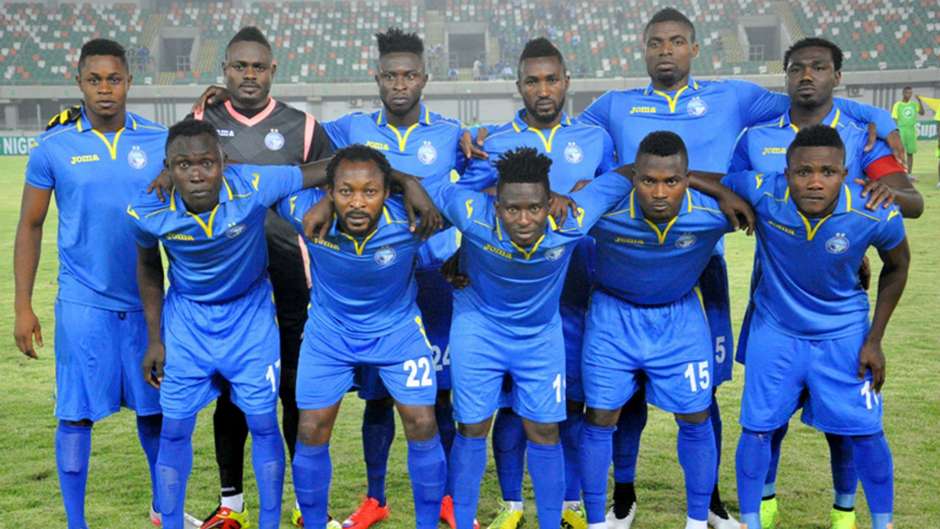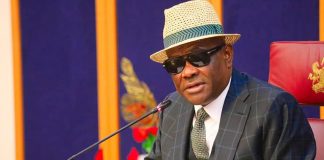🌿 Ruzu Non-Alcoholic Herbal Bitters
Ruzu Non-Alcoholic Herbal Bitters is a natural health supplement specially formulated to:
- ✅ Promote general wellness
- ✅ Detoxify the body
- ✅ Support the treatment of various ailments
Made from a powerful blend of 100% organic and medicinal herbs, Ruzu is completely alcohol-free, making it ideal for:
- 👪 All age groups
- 🌱 Health-conscious individuals
- 🌿 Anyone seeking non-alcoholic herbal remedies
Whether you're looking to boost your vitality, cleanse your system, or support healing the natural way, Ruzu Bitters offers a trusted herbal solution.
Football fans are left thinking back to a period when Nigerian club football was among the greatest in the world, dominated by the legendary Enyimba International Football Club in the early 2000s, as the recently expanded FIFA Club World Cup moves forward without a single Nigerian team in sight.
Nigeria, a former continental superpower, is not present in the global championship, despite the fact that major African teams like Al Ahly, Wydad Casablanca, and Esperance are. Debate has been sparked by the absence, particularly after Ahmed Musa, the captain of the Super Eagles, publicly demanded immediate changes in Nigerian football.
A Golden Age of Club Football in Nigeria
Nigeria was proud of Enyimba FC, also referred to as The People’s Elephant, in the early 2000s. The Aba-based team became the first Nigerian team to win the CAF Champions League twice in a row, accomplishing the unthinkable.
The continent was ruled by Enyimba’s tactical discipline and indigenous skill under the direction of Kadiri Ikhana and Okey Emordi. In both years, they also won the CAF Super Cup, solidifying their position as Africa’s top team.
Even though the FIFA Club World Cup schedule was erratic at the time, Enyimba was still considered a top-tier squad and was placed among the top 30 clubs worldwide.
Same Absence, New Format
With an increased 32-team format for the 2025 Club World Cup, there will be greater chances for African representation. However, none of the Nigerian clubs made the cut, highlighting the widening divide between football in Nigeria and the rest of the continent.
Even though Enyimba recently played in the African Football League (AFL), which is supported by CAF, their early elimination against Wydad Casablanca indicated that their previous dominance is now a thing of the past.
Read Also: Friday Declared Public Holiday by Oyo State Government
The following are the main reasons why Nigerian football is lagging behind:
Insufficient funds
Poor administrative frameworks
Poor infrastructure
Absence of grassroots development
Due to these ongoing difficulties, Nigerian clubs are now far behind their rivals in North and South Africa.
It’s Time to Reset
Ahmed Musa called on all parties involved to restructure the football system, from club management to youth development, in response to Nigeria’s persistent exclusion from elite competitions.
Nigeria’s ability to compete on a global scale is demonstrated by Enyimba’s heyday. Will the country take action before the next opportunity passes?
















